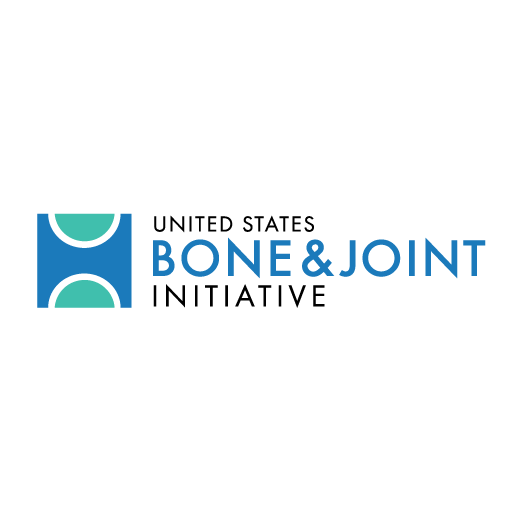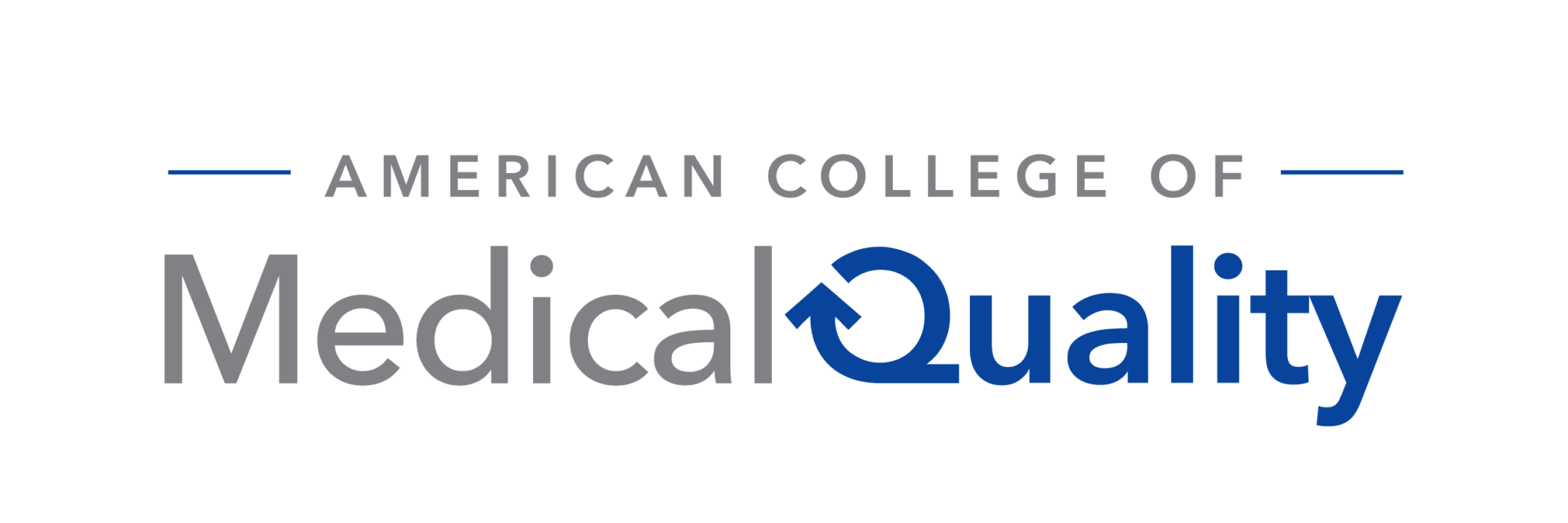

President Biden’s 2024 Budget: Heavy on Health Care Spending, but Congressional Leaders Aren’t Impressed
President Biden’s 2024 budget proposal released March 9 included several major health care provisions, including more prescription drug pricing reforms and expansion of Affordable Care Act protections, but it wasn’t warmly received by a key audience—Congressional leaders. “We’ll analyze his budget, and then we’ll get to work on our budget,” House Speaker Kevin McCarthy (R-CA) said. Biden’s budget did confirm the biopharma industry’s worst fears with his proposals to expand the Medicare price negotiation program established by last year’s Inflation Reduction Act (IRA) to drugs even earlier in their lifecycle and extend penalties for price increases that exceed the rate of inflation to the commercial market. The policies are not likely to advance in Congress as long as Republicans control the House. However, the fact that the Administration is proposing to build on price controls that haven’t even been implemented is a signal that drug pricing reform is still on the table for Democrats and will be an ongoing challenge for the biopharmaceutical community. The White House provided this Fact Sheet summarizing major components of the budget proposal. On other health care fronts, the President’s budget proposal called for increased federal investment in the nation’s behavioral health system and $10 billion for expansion of the Cancer Moonshot initiative. To pay for the expanded government programs, the Biden team cited savings from its proposed prescription drug price controls and a tax hike on higher earners as budget offsets. While a president’s budget often garners headlines, it often serves as more of a policy priority statement, than an actual budget. The US House will begin crafting its own budget in the coming weeks, which is likely to look very different from President Biden’s proposal.
FDA Leader: Accelerated Approval Pathway Necessary for Gene Therapies to Reach Patients with Rare Diseases
While policymakers consider revisions to the FDA’s accelerated approval pathway, one key agency official said utilizing accelerated approval for gene therapies will be critical to patients living with rare diseases. FDA biologics center Director Peter Marks recently stated that for many diseases with small patient populations, gene therapies might be the only viable treatment option, with medications and other therapies being too expensive to develop. Utilizing the approval pathway for gene therapy would give FDA and gene therapy developers the opportunity to identify surrogate endpoints that are reasonably likely to predict treatment outcomes while “we wait the several years for the data to mature” and show that there is an effect on how patients feel, function and survive, the FDA official said. “In the area of gene therapy, it’s clear that if we can get gene therapy right for small populations, we will learn the essential key elements that we need to know for working on larger populations,” Marks said. FDA currently has the authority to grant accelerated approval to drugs that have received the “regenerative medicine advanced therapy designation” and are intended to treat a serious or life-threatening disease or condition, as long as the product has an effect on a surrogate endpoint that is reasonably likely to predict clinical benefit. However, the agency has not yet used the accelerated approval pathway for cell and gene therapies. Marks’ comments come as many expect FDA approvals this year of gene therapies to treat sickle cell disease and hemophilia, building off Q4 2022 approval of gene therapies for hemophilia B and bladder cancer. A recent report from the American Society of Gene and Cell Therapy (ASGCT) reports 3,726 therapies in development, with oncology and rare diseases leading the list of therapeutic areas of focus.
Minnesota Rolls out Transparency Website and Bill to Create Prescription Drug Affordability Board
While Republicans in the Virginia legislature killed a Prescription Drug Affordability Board (PDAB) proposal in their state in late February, Minnesota has moved into the spotlight with a multi-pronged effort to address prescription drug costs. In early March, the Minnesota State Department of Health launched a website intended to equip consumers with information on the cost of prescription drugs and pricing trends. The state claims the site sheds light on how prescription drug prices climbed more than 40% in the last five years. While the Minnesota pricing transparency website won’t bring prices down on its own, officials hope that the information on the site shines a spotlight on manufacturers who took price increases, creating public relations issues for those companies. Meanwhile, Democrats in the Minnesota legislature are moving forward with legislation to create a PDAB in the state. The legislation, HF 17 and SF 168, has cleared two committees in the House. Democrats control both state legislative chambers and the governor’s office.
Women’s History Month: Record Number of Women Serving in Congress and State Legislatures
As Women’s History Month is marked around the world, the role of women in shaping the US public policy environment continues to expand at both the state and federal levels. On the federal level, the House and Senate both set records for female representation in the new Congressional session. The House has 102 women, comprising 23 percent of the chamber’s voting members. The Senate has 25 women, the greatest female representation in Senate history. On the state level, women hold 2,413 of the 7,383 state legislative seats or 32.7% of all seats. This figure is the highest in history, in both sheer numbers and percentage of representation, according to the Center for American Women and Politics at Rutgers University.
This monthly Health Policy Snapshot is the result of an ongoing partnership with Affinity Strategies and Gridiron Public Affairs. The blog’s host is Greg Chesmore, CEO of Gridiron, a public affairs firm committed to helping companies and organizations adopt holistic strategies to positively shape the public policy environment. To learn more about Gridiron Public Affairs visit www.gridirionpublicaffairs.com.








































































































































































































